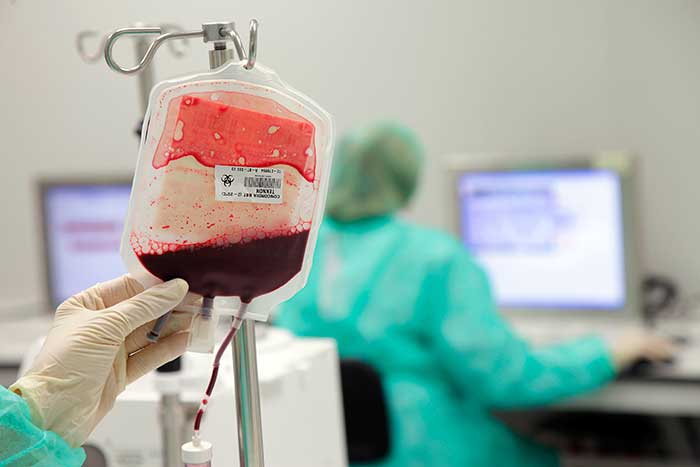The Food and Drug Administration (FDA) is proposing to relax regulations preventing gay and bisexual men from donating blood. Under the new proposal, gay and bisexual men in monogamous relationships will be allowed to donate blood if they have not had anal sex with another man within three months and if they had been in a monogamous relationship with only one partner with whom they have not had anal sex in three months.

LGBTQ civil rights organizations and the American Medical Association, among other rights groups, had been pressuring the FDA for decades to eliminate the ban targeting gay men from donating blood. The regulation came into effect in the 1980s, when HIV/AIDS just emerged; the FDA imposed an indefinite deferral or indefinite ban on blood donation by men who have had sex with another man since 1977.
The ban was lifted in 2015 and the ban was imposed on men who have had sex with other men for 12 months. Then in 2020, it was lifted to prevent men who had sex with other men dating back to three months from donating blood. The more the FDA was able to screen blood faster using the latest methods, the more it seemed they modified the restriction to include more men who have sex with other men to give blood.
But during the COVID-19 pandemic crisis of 2020 when blood was in acute shortage, most blood banks in the country clamored to have the restrictions on gay men giving blood lifted. Gay and bisexual men also stepped up campaigns to be included in donating blood, so long they have restricted themselves to only one safe partner within three months. They argued that being sidelined is outdated, homophobic, and ineffective at keeping the country’s blood supply safe.
“Donating blood is one of several really important symbolic methods of demonstrating one’s caring for other people,” FDA Commissioner Robert M. Califf said. “We want to make that available to everyone possible in the context of a safe blood supply.”
The chief medical officer for the Association for the Advancement of Blood and Biotherapies, Claudia Cohn, said it is paramount that blood supply is safe and free from pathogenic contaminants, but it is also important to not exclude a group of donors who could be perfectly safe to make blood donations.
“We shouldn’t have to fight this hard to do something as selfless as giving blood,” complained 22-year-old Cole Williams, a nursing student who formed the advocacy group Pride and Plasma to advocate for changes to the FDA policy. “I could have as much unprotected sex with as many women as I wanted, and the FDA would have no problem with that.”
